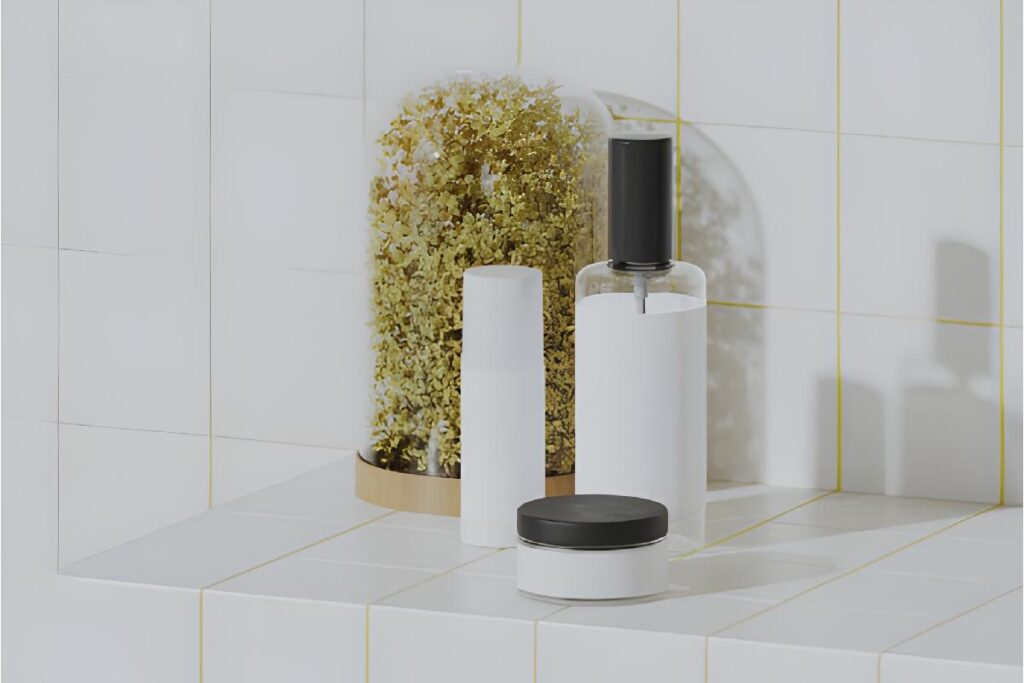So What’s a Yes Robot When It’s Not Dressed Up in Marketing Speak?
A yes robot is basically anything that does your grunt work while you do literally anything else. Could be software, could be AI, could be a smart system—doesn’t matter. What matters is it takes stuff off your plate.
Here’s what I’m actually talking about:
- Those chat things on websites that don’t make you want to throw your laptop
- Email systems that remember to follow up with people (because lord knows I don’t)
- Calendar tools that stop the “what time works for you?” email chains
- Programs that move data around so you don’t have to copy-paste 500 times
- Even your thermostat that figures out you like it cold at night
Bottom line? It’s about ditching the boring crap so you can do work that doesn’t make you question your life choices.
Why I Thought This Was All Garbage Initially
I figured automation was for tech bros with venture capital money and too much time on their hands. Like, I’m already drowning—when would I learn some complicated system?
And yeah, there’s that nagging voice: “What if robots steal my job? What if I can’t keep up? What if I accidentally break something and my entire business implodes?”
None of that happened, by the way.
What happened instead was I stopped working until 9 PM every night. My inbox didn’t make me want to cry anymore. I could finally work ON my business instead of being buried IN it.
What Actually Changes When You Let Robots Handle Your Busywork
Your Calendar Suddenly Has White Space Again
This is what sold me. Every hour some automated system handles the mind-numbing stuff means another hour I’m not slowly dying inside.
I was burning about 10 hours weekly on stuff like:
- Typing out the same answers to customer questions for the millionth time
- Remembering to post on Instagram at the “right time”
- Moving information from one place to another like some kind of digital secretary
- Chasing down people who ghosted after saying they were interested
Now? My yes robot setup does it all. Those hours? Back in my life where they belong.
Everything Actually Gets Done the Same Way Every Time
Look, I’m human. When I’m tired or distracted or just over it, I make mistakes. Sometimes big ones.
Robots don’t get tired. They don’t have “Mondays.” They don’t forget steps.
That thousandth email? Perfect. That invoice you need sent on the 15th? Already done. That data entry that makes you want to scream? Completed without a single error.
Growing Your Thing Without Going Broke Hiring People
Want to 5x your output but can’t afford a whole team? Yeah, that’s where automation becomes your best friend.
One chat system can talk to hundreds of people at once. One email sequence can nurture more leads than you could personally handle in a year. One automated process can crunch numbers faster than a room full of people with calculators.
The Stuff Everyone Freaks Out About (That’s Mostly in Their Heads)
“A Robot’s Gonna Take My Paycheck”
I know. Everyone’s worried about this. But here’s what’s really going down:
Robots grab the tasks that were already sucking your soul. The repetitive nonsense that nobody wants to do anyway. That frees you up for the interesting work—the creative stuff, the strategy, the human connection parts that robots absolutely cannot do.
Honestly? Automation made me MORE valuable. I went from being a glorified data entry person to actually running strategy and growing things.
“I’ll Need a PhD to Figure This Out”
That was my excuse too. I thought I’d need to learn coding or something equally terrifying.
Turns out most of these tools are built for people who can barely work their TV remote. Click here, drag this there, done. Templates everywhere. Videos walking you through every step like you’re five.
My first chatbot took me maybe 20 minutes to set up. I felt like a tech genius even though I basically just filled out a form.
“This Is Going to Drain My Bank Account”
Some tools cost real money. But tons don’t.
You can start completely free with basic versions of most automation platforms. Chatbots with free tiers. AI tools built into stuff you already pay for anyway.
And the money you save? Wild. If something gives you back 5 hours a week, that’s over 250 hours yearly. Calculate what your time’s worth. You’ll see why this pays for itself immediately.
How I Actually Got Started (Step by Step, Nothing Fancy)
Figure Out What You’re Doing Over and Over
Keep a list for a week. Just write down everything you do more than once.
Stuff like:
- Answering identical questions in your DMs or email
- Posting content manually across platforms
- Copying information between systems
- Playing calendar Tetris with people
- Sending “hey, just checking in” messages
- Making the same reports every week
That’s your hit list right there.
Just Pick ONE Thing to Start With
Don’t be a hero. Trying to automate everything at once is how you end up giving up and going back to doing everything manually.
Pick whichever task:
- Eats the most time
- Makes you want to quit your job
- Has a clear pattern you can explain to someone
Mine was email. I made templates for common questions and set up some auto-responses. Boom. Instant relief.
Match Your Problem to the Right Tool
Different problems need different solutions:
Customer questions: Chatbots (Intercom, Drift, ManyChat work great) Email marketing: Mailchimp, ActiveCampaign, HubSpot Connecting different apps: Zapier, Make, Microsoft Power Automate
AI help: ChatGPT, Claude, or whatever specialized tool fits Social media: Buffer, Hootsuite, Later
Try the free versions first. No point paying until you know it works for you.
Watch It, Fix It, Make It Better
Here’s the thing nobody mentions: your first attempt will be janky. Mine was. Everyone’s is.
Set it up, see what breaks, fix it. It’s like training someone new—they’re not perfect on day one, and that’s completely fine.
Stories from People Who Actually Did This
Sarah’s Online Store Situation
Sarah sells clothes online. She was spending half her week just answering questions about shipping times and return policies.
She added a chatbot to her site that handled about 80% of the basic questions. Complex stuff still came to her.
What changed: Got back 12 hours every week. Her customers were actually HAPPIER because they got answers immediately instead of waiting hours for her to respond.
What Happened When I Finally Tried It
I create content and handle marketing for clients. My biggest time drains were social media and getting new clients onboarded.
What I automated:
- Scheduling posts across every platform
- Intake forms that dumped info straight into my project tracker
- Invoice creation and those awkward payment reminders
- Weekly updates to clients showing progress
What changed: About 15 hours back in my week. Used that time to bring on two more clients. That’s literally thousands more in my account every month.
The Finance Team That Got Their Lives Back
My buddy works in corporate finance. They used to manually process hundreds of expense reports monthly.
They brought in robotic process automation that pulled data from receipts, categorized everything, and only flagged weird stuff for humans to check.
What changed: A task that used to take 3 people a full week now takes 1 person about 4 hours. They moved those people to actual strategic work instead of receipt data entry.
This Isn’t the Future—It’s Right Now
The yes robot thing isn’t coming someday. It’s here. These tools are getting easier to use, cheaper to access, and more powerful basically every month.
The people jumping on this now are going to leave everyone else in the dust.
I’m not saying go automate your entire life tomorrow. But pick something. One thing. Let a robot try it. See what happens.
What I Think After a Year of This
A year back, I thought this was overrated tech nonsense. Now I literally couldn’t run my business without it.
It’s not about replacing yourself. It’s about using robotic automation for the stuff that drains you so you can focus on the work that actually needs a human brain.
Yes robot technology isn’t about being lazy or cutting corners. It’s about being smart with the one resource you can’t get more of—your time.





